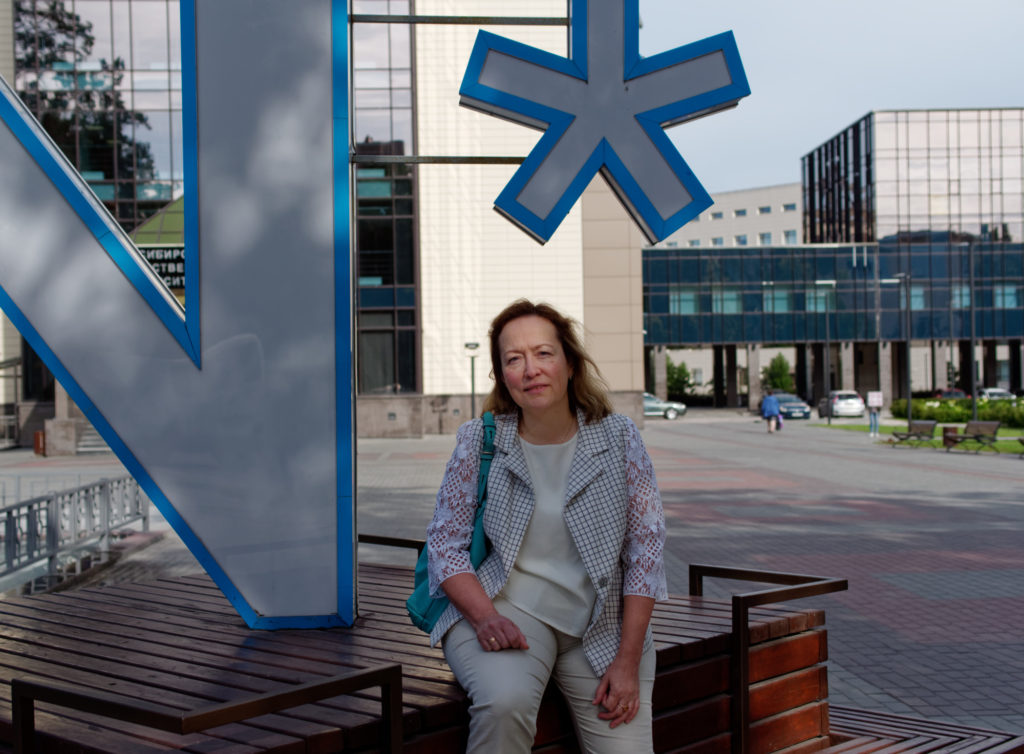A city in itself
The Russian word Akademgorodok is decomposed into three parts: Akadem for academic or academics, gorod for city, and a suffix ok for small. This city for academics, with more than thirty scientific institutes and housing for scientists, was founded in 1957 near Novosibirsk, following the initiative of three academicians: Mikhail Lavrentiev, a specialist in variational methods, Sergei Sobolev, an analyst, author of the so-called Sobolev spaces, and Sergei Khristianovich who specialized in mechanics and aerodynamics.
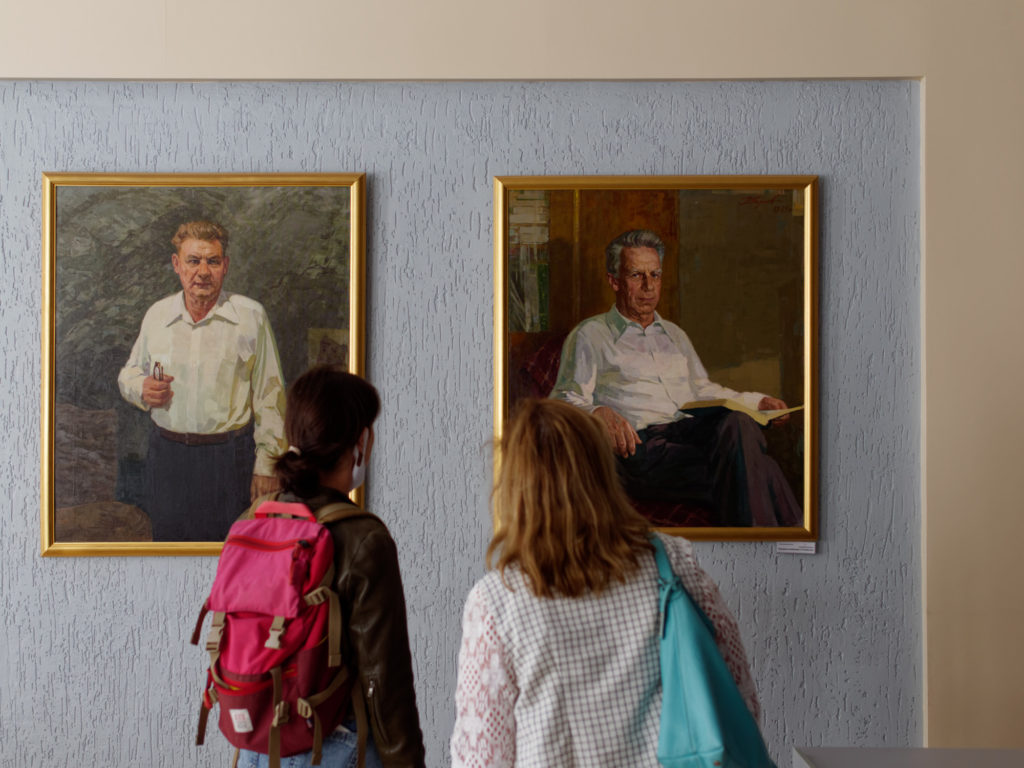
In Soviet times, research was extensively financed and scientists would receive top salaries in the country. In the nineties, Russia entered a deep economical crisis, and the researcher’s salary went down to the minimum, in Akademgorodok as well as in the country in general. Although some private companies would continue investing in the city, and in the twenty first century some of the State support came back as well.
Today, the population of Akademgorodok is not as small and humble as its suffix suggests: one hundred thousand inhabitants. Akademgorodok is formally a part of Novosibirsk, and its Soviet quarter. But in practice, it is a city in itself, twenty kilometers away from Novosibirsk center. Akademgorodok is constructed in a forest and gives to the Ob sea — a reservoir of pure water from Ob river. The air is fresh, hedgehogs run along the paths, and flowers pop up between different university buildings — a Siberian paradise. Our taxi driver said, “I come here to breathe” . Today, Akademgorodok is a popular place to live, especially for families with children — apartments here are more expensive than in the center of Novosibirsk.

Although, it is less taken care of than it was before, in Soviet Times, when Akademgorodok was a special zone”, Galina Lazareva says, “The Akademgorodok was put here in order to develop Siberia, it was a strategic place. Science in Siberia was fundamental and applied at the same time, never purely fundamental. Factories and agriculture needed innovation. Lots of state energy was put into Siberian cities and roads.”
Of course, I am living with a lot of difficulty what is happening now, when people are leaving Siberia, I am afraid that it will end by Siberia becoming an empty space…”, Galina admits.
Galina was born, went to school and to university, became a mother and a professor — all of it in Akademgorodok. Akademgorodok is home for her. “I do not often go to Novosibirsk, and visit only the opera and a couple of shops,” she comments.
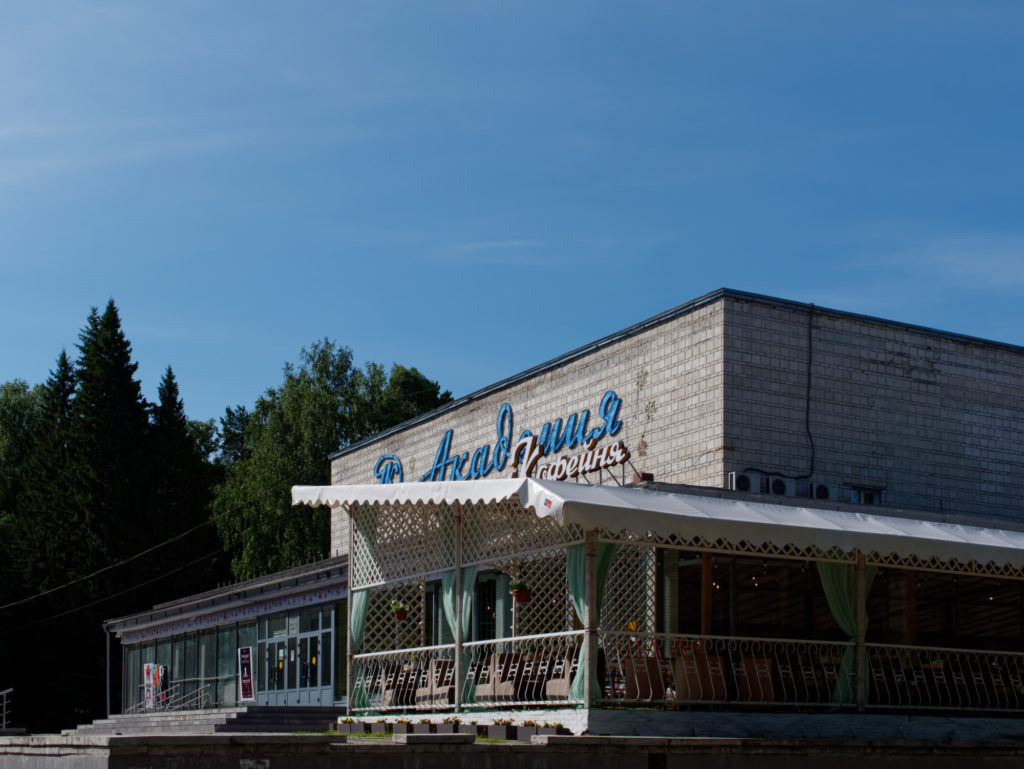
Is the game worth the candle ?
Several years ago, Galina worked in five different universities and institutes in Novosibirsk at the same time.
“Today in Russia, you can not live on one basic salary of a scientist. Scientists and university professors work in several universities and institutes in order to provide for a living,” says Galina. The system of bonuses to the salary is complicated and constantly changing — the main idea is to recompense a higher number of scientific publications with a better pay.
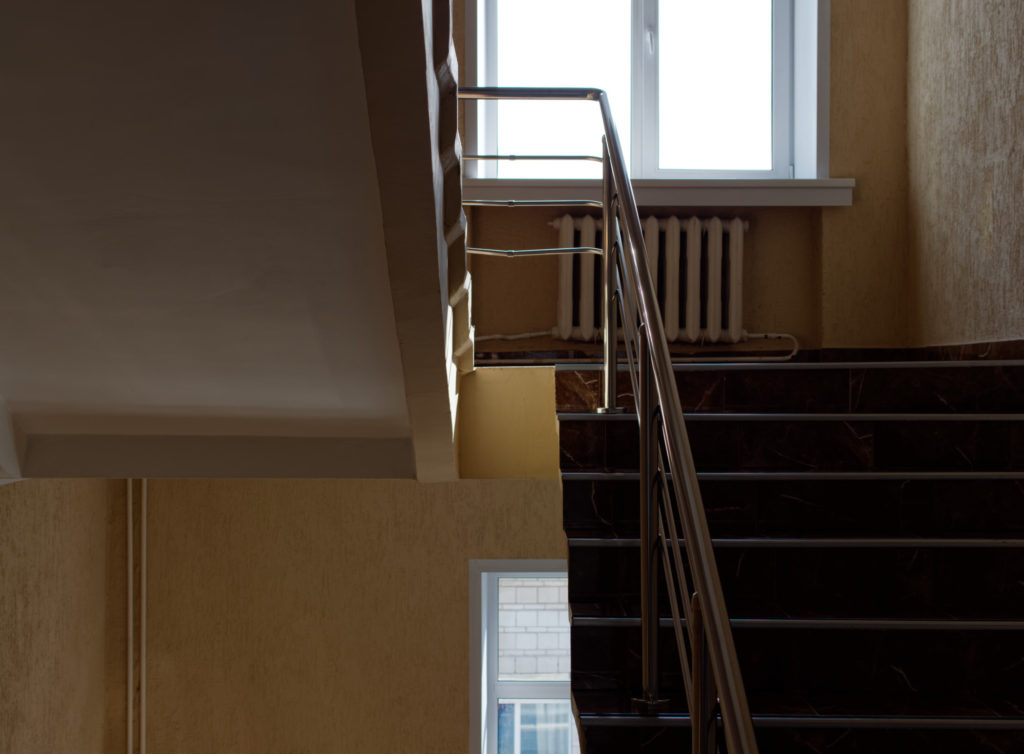
“I have a very high writing energy,” Galina says. “I write a lot, and do it well. I wrote alone most of my articles in collaboration. Today, I think, it is very important to publish. On one hand, regular writing is good for the discipline. You remember better the things you have written down, and you are able to come back to them in your work. Although, preparing and editing the article in itself is a big waste of time for a scientist. Today, instead of working for one or two years and publishing one article for all of your work, you are forced to publish less developed work, more often — most of such articles have no scientific value.” It is not the first time we talk about publications with our heroines — many of them mention that the system is restrictive and oppressive, in many ways. Galina affirms that constantly changing rules are even more tiring than the bad rules themselves.
Federal laws impose on the members of a scientific institution the obligations to publish a certain amount of articles in some journals of a certain level every year. Since recently, every article can be connected only with one grant project and hence, one work place, not two, not three, and certainly, not five! So, of course, when you work part-time in several universities but have the same load of publishing obligations in each one of them… the game is not worth the candle. Of course, people keep adapting to one more set of rules, that’s what they do today in Russia — but this is not good for science, to work under such a pressure.”
Where is home?
Today, Galina has left most of her positions in Novosibirsk, although she continues her scientific collaborations in Akademgorodok. Next year she will be moving to Moscow, to her own astonishment.
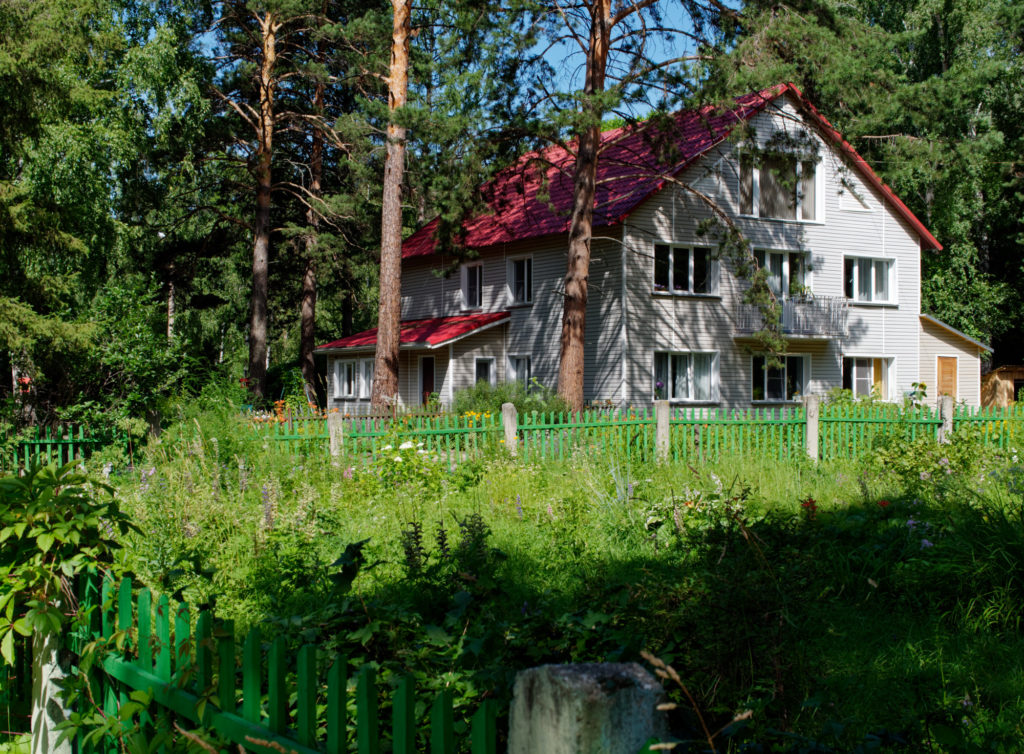
I never thought that I would leave Akademgorodok, and I never planned to,” Galina says. “There are many reasons why I am leaving, and I do not understand them completely myself… Everything around me started to crumble down. Many people in Akademgorodok got their positions here in the sixties, and many of them are older than eighty. It has become very calm here — just sit down and die. And myself, I like movement and change.
Obviously, in Moscow there are many more possibilities for scientific growth — it is easier to participate in workshops, apply for and receive financing for research. In Moscow, I have more opportunities to create a scientific school — students there see how active I am, and come work with me. And the salaries in Moscow are twice higher while one can work twice less than in Novosibirsk!”
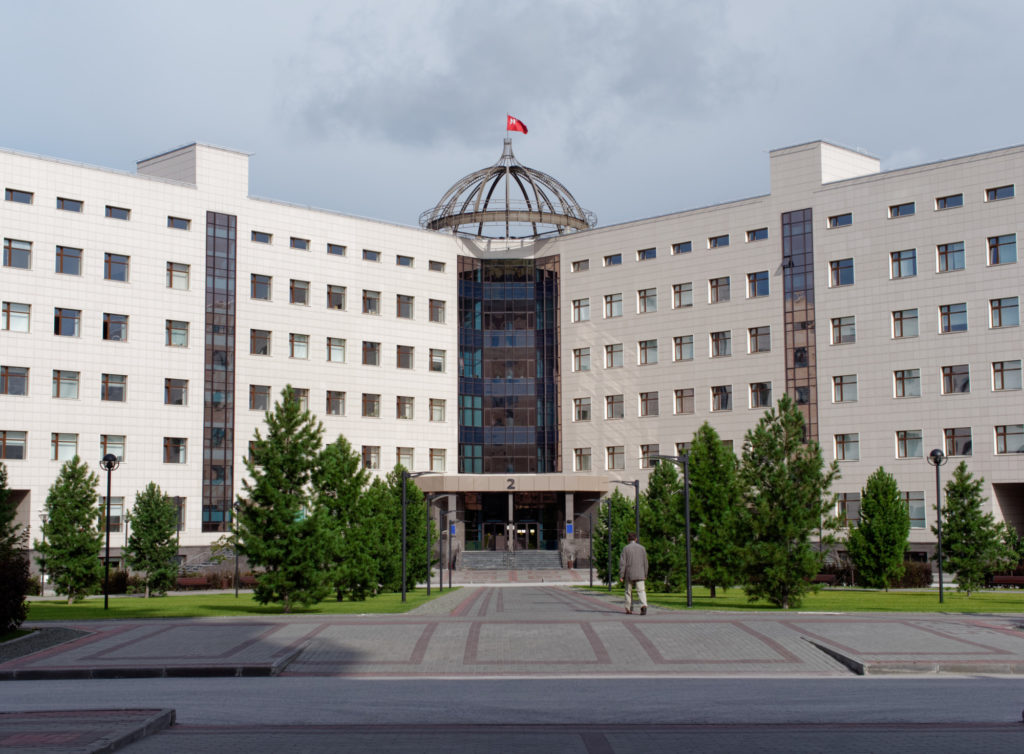
In recent years, Galina started a collaboration in the People’s Friendship University of Russia (RUDN) in Moscow with Aleksandr Skubachevsky. He is a pure mathematician working with the same equations she does, and has found interesting qualitative solutions that one can apply in computational mathematics — Galina’s area of research. Galina started traveling back and forth from Novosibirsk to the capital, in order to pursue this collaboration. “It was very hard for me,” Galina says, “the time difference being four hours, and me wanting to advance the work as much as I could in the short period of my stay, the only thing I was doing in Moscow was working — when I would come back to Novosibirsk, I was exhausted.” Galina says that she is not completely leaving Novosibirsk, and Akademgorodok still feels like home to her, and she has PhD students and collaborations both in Moscow and Novosibirsk. “Starting next year, I will just change directions — I will be coming from Moscow to Novosibirsk but it will be less often and, hopefully, less tiring !” Galina says.
1.5 times more of work
I am a workaholic,” Galina admits. “My daughter says to me — when I go to bed, you are still working, when I wake up, you are already working! This is true… Before I would think that once you become a member of the Academy of Sciences, you rest and do nothing. But this is the inverse — there is more and more work when you advance!”
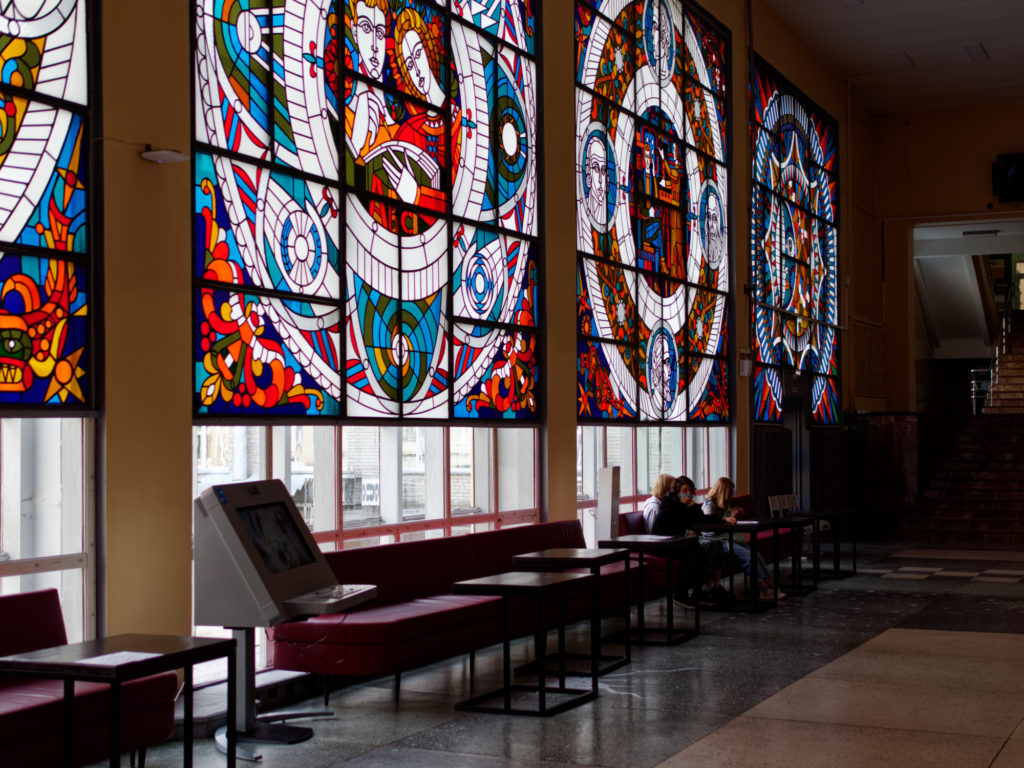
In 2016, Galina Lazareva was elected a correspondent member of the Academy of Sciences, one year after her habilitation defense. She is the only female mathematician with such a title — her section is applied mathematics, the section of fundamental mathematics (64 members) being exclusively male.
Galina shares that it was important for her to prepare 1.5 times more of work for her habilitation defense than it was formally needed. “You can only defend your habilitation once, and I wanted to be sure to do it. If I was a man, I could have defended several years before. It took me a lot of time to prepare, not to have any weak spot,” she says. While preparing the defense, Galina approached her father, a renown nuclear physicist, and shared with him that she has never seen a woman with an habilitation in his department.
“He said to me, very seriously — of course, there are women with habilitation in our department — look, one has just died last week !”, Galina laughs.
Learning how to rest
We are walking through summer alleys in Akademgorodok. The sun is tender, and the wind is blowing between the birches, rearranging their leaves.
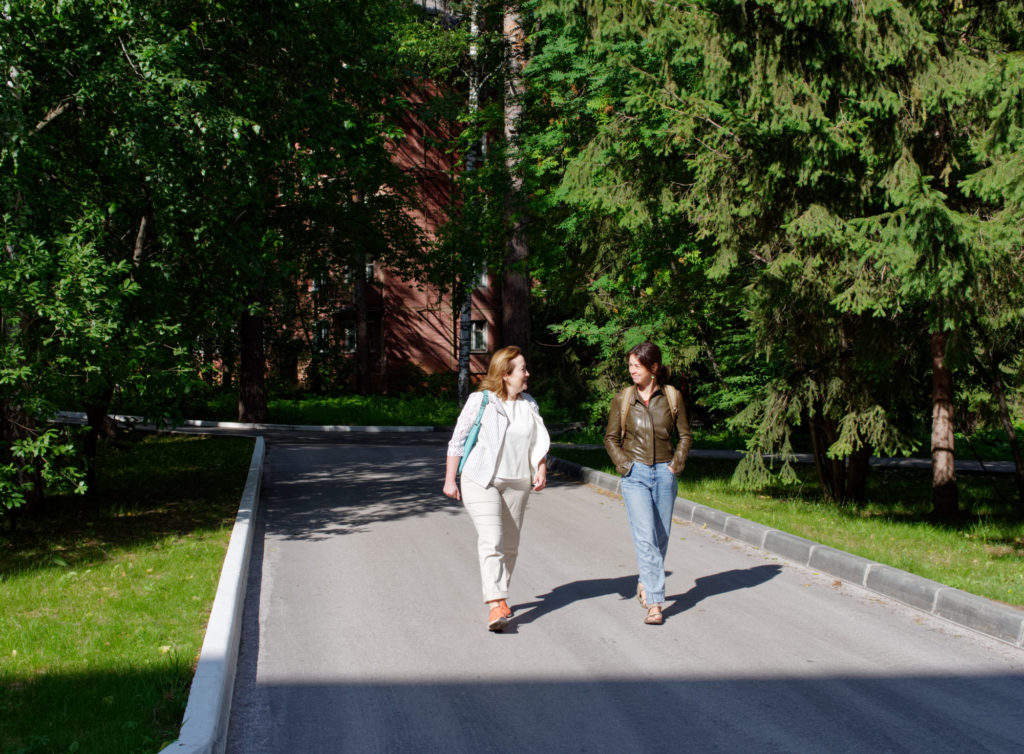
In Summer, it is wonderful here — but in Summer, it is wonderful anywhere! I do not like Winter in Akademgorodok, which lasts for eight months here. I remember as in my childhood I would walk along the streets in the dark and in the cold with a heavy school bag on my shoulders. From childhood, I thought that weather everywhere is like here, and that Summer and sun come only on vacation. But very recently I understood that it is not like here everywhere, and many other places exist!”
Galina loves to travel — an interest she discovered only recently, when she started going regularly to Moscow for her collaboration, and that she counts to pursue. “From Moscow, it is much easier to go somewhere — one can go to neighboring cities by car, or fly to Europe and spend one week-end in Italy, for example. In Novosibirsk, the closest big city is Tomsk and you need four hours in the train to get there!”
Galina shares that once she has defended her habilitation, her family’s relationship with her changed a lot — they now respect her. “My husband even said: now you can not wash the dishes, now you are national pride!”, she laughs. Her relationship with herself changed too — she wants to permit herself to rest more. “I understood that one can live taking care of oneself, and taking pleasure from life,” she says.
